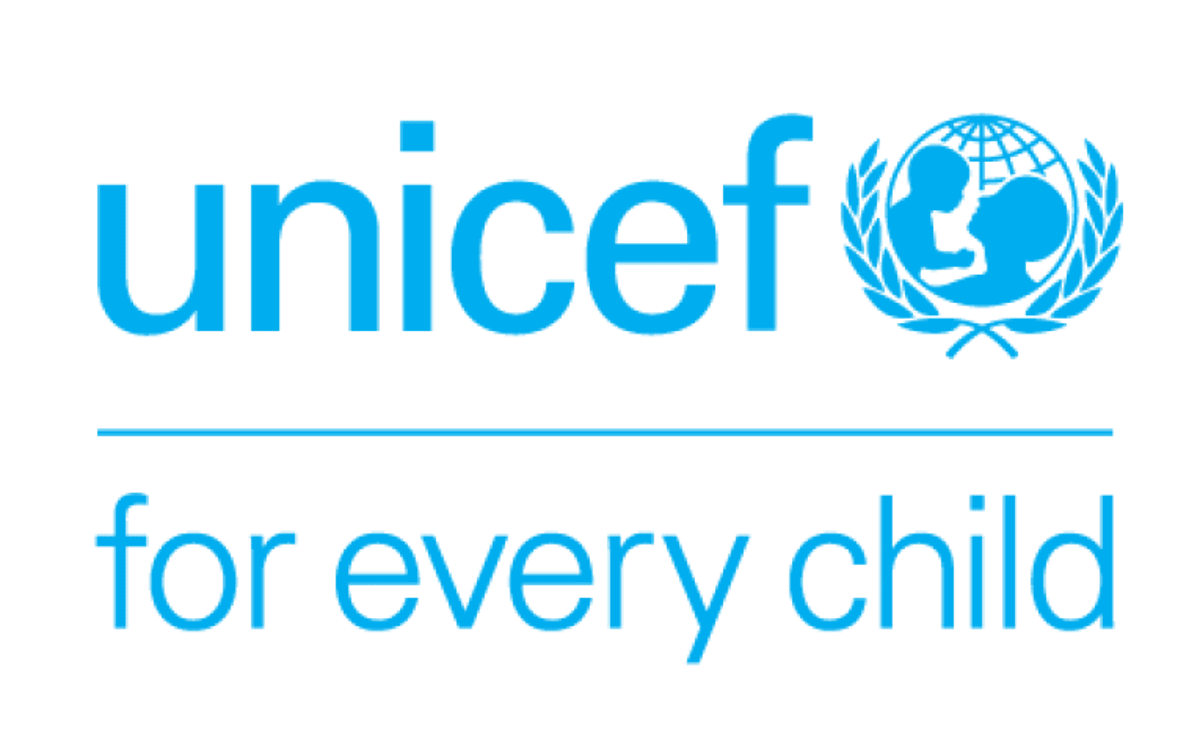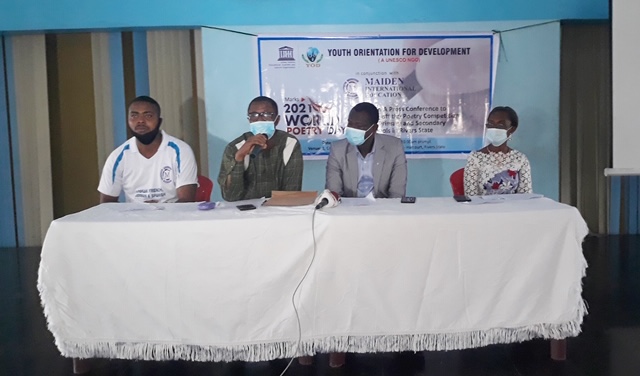Mr. Murtala Mohammed, a Child Education Specialist, United Nations Children’s Fund (UNICEF) Lagos Office, says violence against children hampers social and economic development in any society.
Mohammed made this known in an interview with the News Agency of Nigeria (NAN) in Lagos on Sunday.
He said that continuous violence affected brain development in children.
According to him, violence against children has terrible effect on a child who is still growing up.
He noted that children exposed to violence and other adversities were more likely to smoke, misuse alcohol, drugs, and engage in high-risk sexual behaviour, adding that they also had higher rates of anxiety, depression, suicidal and other mental health problems.
“Children who have experienced violence are also more likely to perpetuate the circle of violence, passing on patterns of violence to their peers or to future generations.
“Violence affects brain development among children, which means the education of such society in future will suffer.
“If the education of such society suffers, its economic and social development will also suffer a serious setback because the level of economic development of a nation largely depends on the quality of its education.
READ ALSO: UNICEF Estimates Economic Impact of Violence against Children in Nigeria at $6.1bn
“So, it is a huge problem that needs to be urgently addressed if we want a better society in future,” Mohammed said.
According to him, violence against children takes place not only in homes but in schools, communities, among peers and worship places.
He further said that violence against children imposed tremendous negative effects on the education, health and other sectors of the society.
Mohammed, therefore, called for a multi-sectorial approach to end violence against children with more investments in children’s education.
He explained that education systems, if properly managed, would do well in preparing children early and the system provided information for improvement and accountability.
“Violence can affect a child for the rest of his or her life, with severe consequences for a child’s physical, psychological and mental health.
“Without adequate support and care, violence and trauma can have long-term effects on a child’s development and future life.
“Therefore, ending violence against children is not only important for child’s rights and well-being but also for healthy communities and societies and a sustainable future,” he said.











